I’d always had a feeling that I’d love London. From the bustling tourists to the stuffy Tube, every element contrasted with the small Irish town I’d called home for 23 years. Despite feeling ready for my move across the Irish Sea, I didn’t anticipate the culture shocks I’ve come to know so well.
Adjusting to life in a new environment can be difficult for the best of us, and perhaps I was a bit naive when I gathered my belongings and headed to a city of ten million, coming from an island with a population of half the amount. I’d lived abroad two years before – in Bologna for my Erasmus year – and thought myself well versed in new experiences.
Stepping off the plane at Stansted was something I’d envisioned since I’d left school, and after settling into my new house in Twickenham and getting to grips with the trains (who knew tapping in and out could cause such grief!), I started to see the small differences between my Galway and London lives. This was in 2019.

London

Galway
I started working at Fortnum and Mason as a Retail Host. The considerable gap between social classes soon made itself apparent in the 300-year-old luxury establishment, something that isn’t as obvious in Ireland. I found it difficult to understand how such wealthy people could live and shop only a few roads away from a growing homeless population finding shelter in Green Park Tube station.
I noticed how much more diverse London was – a very positive aspect which I admire a lot. My colleagues and customers came from a range of backgrounds and cultures. They made working there not only refreshing but extremely interesting. While Ireland is slowly becoming more culturally diverse, there’s still a long way to go.
As Irish twangs go, the Galway accent is on the softer side, and when I first started working in the capital, I was asked what part of Canada I was from! I wouldn’t consider my accent particularly strong, but of course, I received affectionate comments from my London friends on how I pronounce certain words.
Two years on, I’ve adjusted some of my slang. I now say “trainers” rather than “runners”, and when asking hypothetical questions I’m conscious of using “Shall we?” not “Will we?”. You’d be surprised how quickly people pick up on the smallest of differences.
As much as I miss Ireland, I’m glad I left. London has so much to offer, and I’m ready for even more new friends and new excitement! I’ve started making a list of at least 20 new restaurants to try out, and have given Soho’s bustling bars great business since the end of lockdown. And yet there’s a reassurance in knowing that I’m never far from another Irish person.
I often think of a time when I was on holiday in Spain with an English friend, and we bumped into a lovely lady from Dublin. It was St. Patrick’s Day and any and every Irish person was celebrating. My friend couldn’t believe I’d stopped to talk for five minutes with a stranger. Apparently, she’d never do this if she met someone British abroad. This sense of community across the globe is in our Irish blood.
For anyone thinking about taking the leap to pastures new, I can’t recommend it enough. Diving into a new place in which to discover yourself and flourish is a fantastic experience, and something I believe everyone should strive for. As scary as it may seem, you might just find yourself in your new home. By being in a new environment you allow yourself to escape your comfort zone. Just expect a few surprises along the way!
Megan completed our Introduction to Copywriting masterclass with Maggie Richards. For more information on our writing short courses visit our home page here.



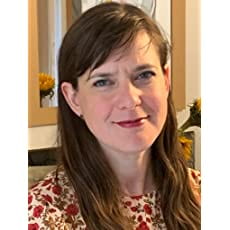
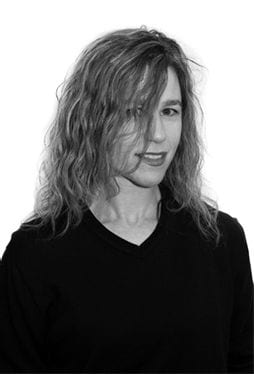
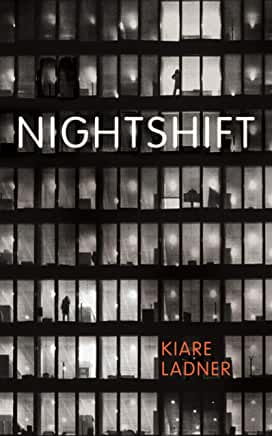

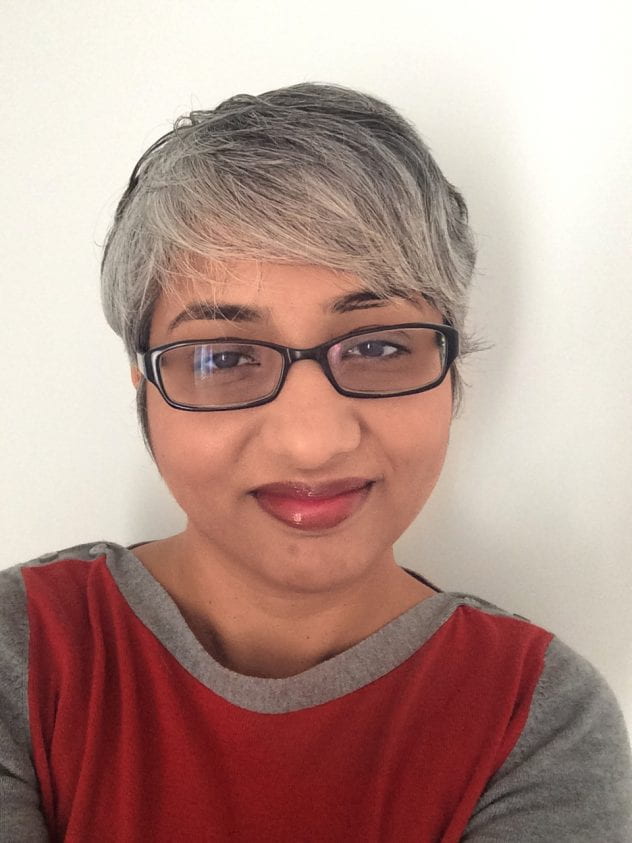

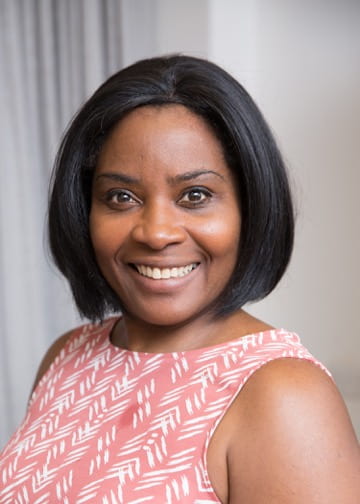
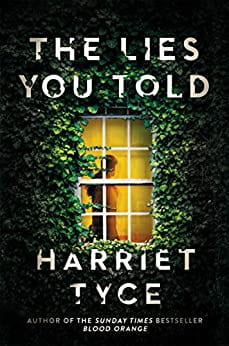

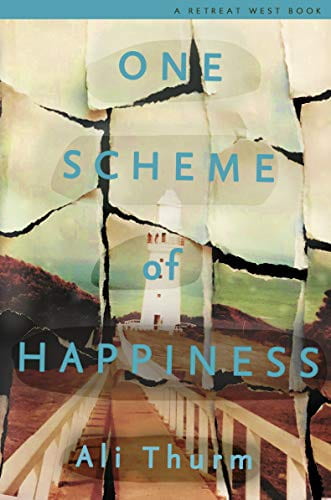

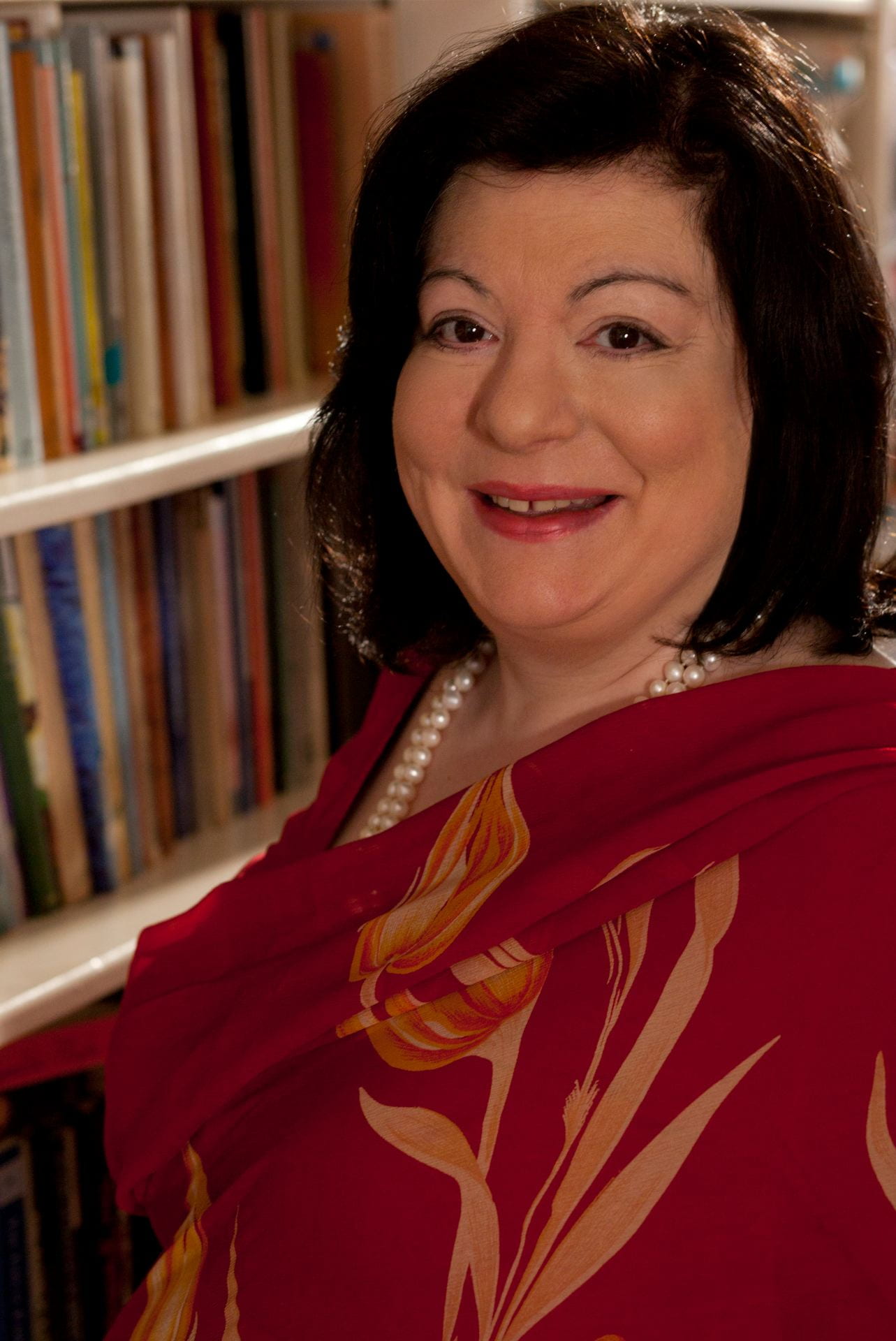
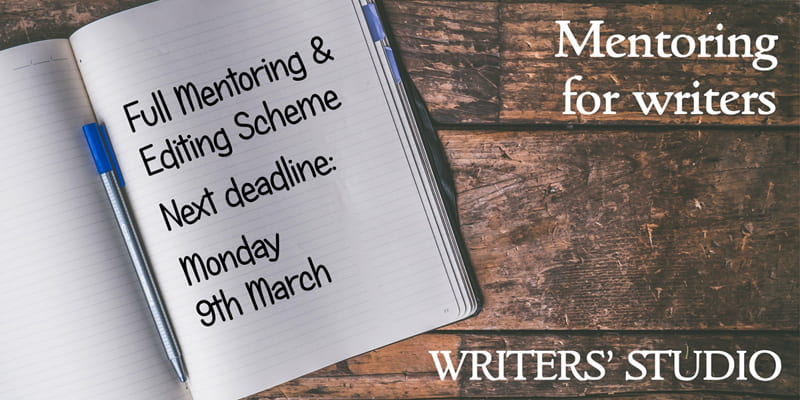


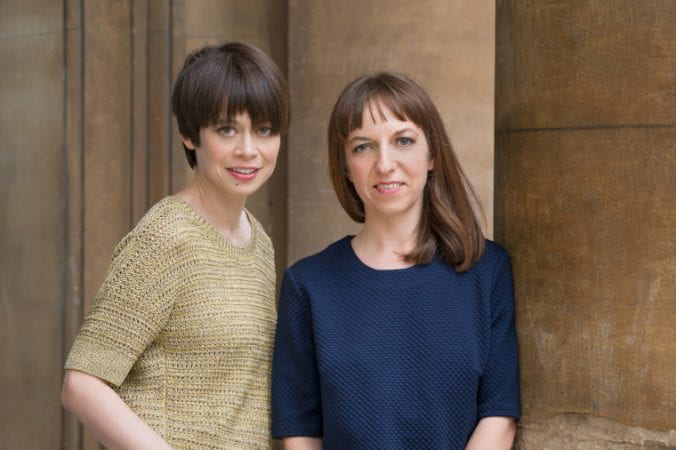

Recent Comments